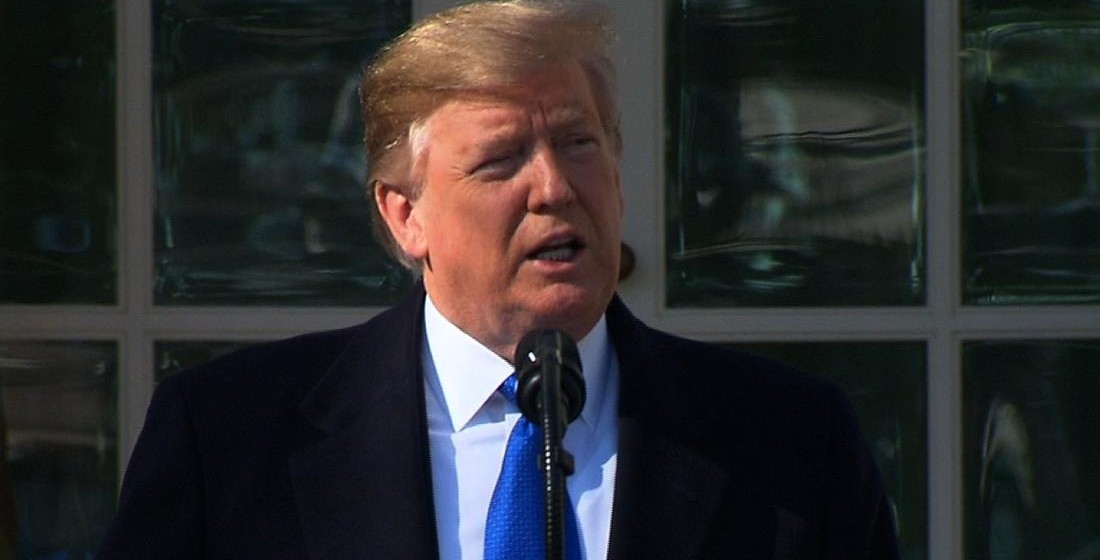President Trump Declares National Emergency
On Friday, Feb.15, President Trump declared a national emergency at the U.S-Mexico border in an effort to secure funding for the border wall he promised during his 2016 Presidential campaign. The border wall has been a heavily disputed topic during the President’s first two years in office, culminating with Congress not allocating the funds the President requested. Politicians on both sides of the aisle agreed to a funding package on Monday night in committee that would allocate $1.375 billion in funds for border security. The bipartisan agreement was agreed upon in hopes to avoid another government shutdown following the December 2018 shutdown, the longest in U.S. history.
Trump signed the bipartisan deal passed by Congress but wanted more funding, telling Majority Leader Mitch McConnell that he would invoke a national emergency to circumvent Congress and secure more funds. The President said in a statement, “we’re going to confront the national security crisis on our southern border, and we’re going to do it one way or the other.”
Critics of the move cite the separation of powers clause in the Constitution and say that the President is overreaching his executive authority. Nancy Pelosi, Speaker of the House, said, “this is plainly a power grab by a disappointed president, who has gone outside the bounds of the law to try to get what he failed to achieve in the constitutional legislative process.” The President predicted backlash to his declaration and even expects a fight in the judicial system over it.
The states of California and New York have filed suit against the President over his declaration, while the House Judiciary Committee is planning an investigation into the validity of the national emergency. House Democrats aim to introduce legislation to block the national emergency claim, yet they will require votes from House Republicans, of which there are several who have sided with the Democrats in critiquing the President’s move.
The President’s declaration will divert $3.6 billion from military construction projects, $2.5 billion from counter-narcotic programs, and $300 million from the Treasury department.
Only twice before have presidents declared national emergencies to move money around within the government without Congressional approval. The first instance occurred under George H.W. Bush prior to the Persian Gulf War, while the second occurred under George W. Bush after the Sept. 11, 2001 attacks by Al Qaeda.




